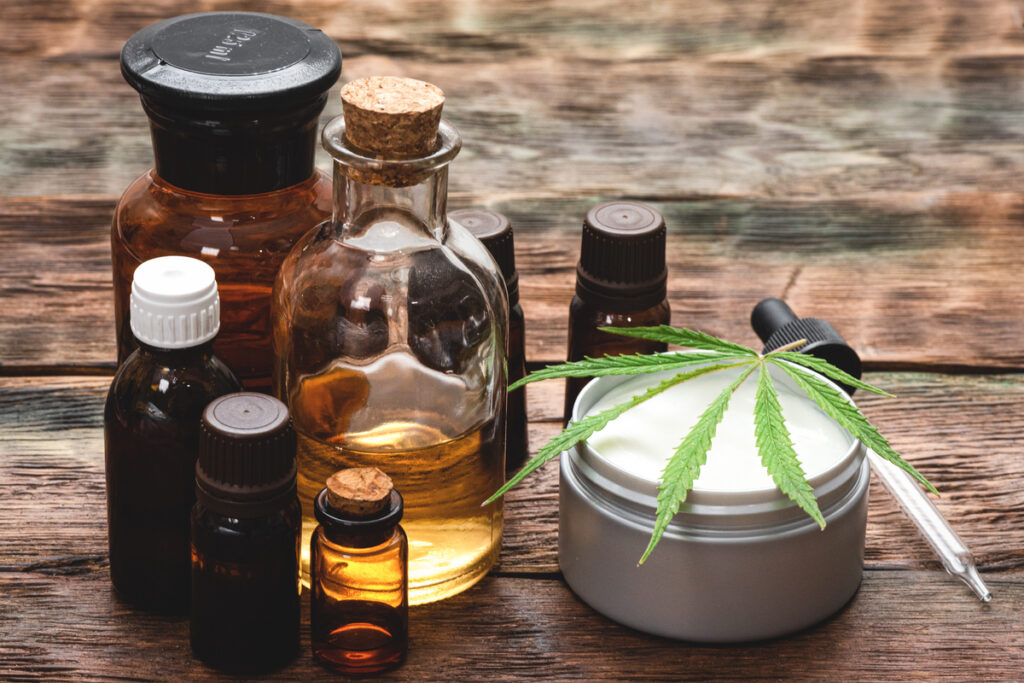WASHINGTON, D.C. – The Food and Drug Administration (FDA) recently published a “contract opportunity” advertisement to the Federal government’s beta website for “people who make, receive, and manage federal awards.” In the job post, the agency said it seeks a contractor to facilitate large-scale testing of CBD products. The action follows recent calls by the FDA to field public comments on how to regulate cannabis extracts including CBD.
The FDA “is seeking a contractor who shall provide support to the FDA by collecting samples and assessing the quantities of CBD and related cannabinoids, as well as potential associated contaminants such as toxic elements, pesticides, industrial chemicals, processing solvents and microbial contaminants, in foods and cosmetics through surveys of these commodities,” the ad read. “The purpose of these studies will be to develop a better understanding of the quantities of CBD and associated cannabinoids and their distribution.”
According to documents included in the job posting, the FDA is considering testing thousands of CBD products.
“The overall goal of the long-term portion of the study, obtained through a contract laboratory, will be the collection of CBD-containing products of various types, including foods and cosmetics, from geographic locations throughout the U.S., and the analysis of these products for CBD content, for related cannabinoid content and profiles, as well as for chemical and microbiological contaminants that could be present in CBD products,” the agency said.
Many CBD product producers and hemp industry advocacy groups, including the National Industrial Hemp Council (NIHC), have been eagerly awaiting a clear set of regulations since the 2018 Farm Bill was signed into law by President Trump on December 20, 2018. With the availability of questionable CBD products widespread, many producers want to weed out any bad actors.
“NIHC members support safety standards for our industry. We are well aware of the reports of inconsistent products that do not contain the ingredients listed on the label, those that feature unsubstantiated health claims, or which contain excessive THC levels or other contaminants,” NIHC board member Patrick Atagi wrote in a letter to the FDA. “Our mission is to help advance the hemp industry through safe, reliably manufactured products that consumers can rely on and we’re glad to partner with FDA to bring this to fruition.”
The NIHC outlined five key areas of regulatory focus:
- Existing studies support the safety of human consumption of CBD in dosing appropriate for dietary supplements and conventional foods.
- FDA should continue to allow marketing and sale of CBD cosmetics while it investigates CBD consumption’s systemic impact on humans.
- Clarity regarding standardized testing requirements and laboratory practices.
- Standardized national manufacturing and labeling requirements for product transparency.
- Definitions for key terms like “broad spectrum” and “hemp extract.”
“We believe that including these points in a policy of enforcement discretion would provide clear guidance for industry regarding FDA’s expectations for manufacturing and labeling CBD products,” Atagi added. “We thank FDA and, in particular, the CBD Working Group for its hard work and we look forward to working together in the future.”

